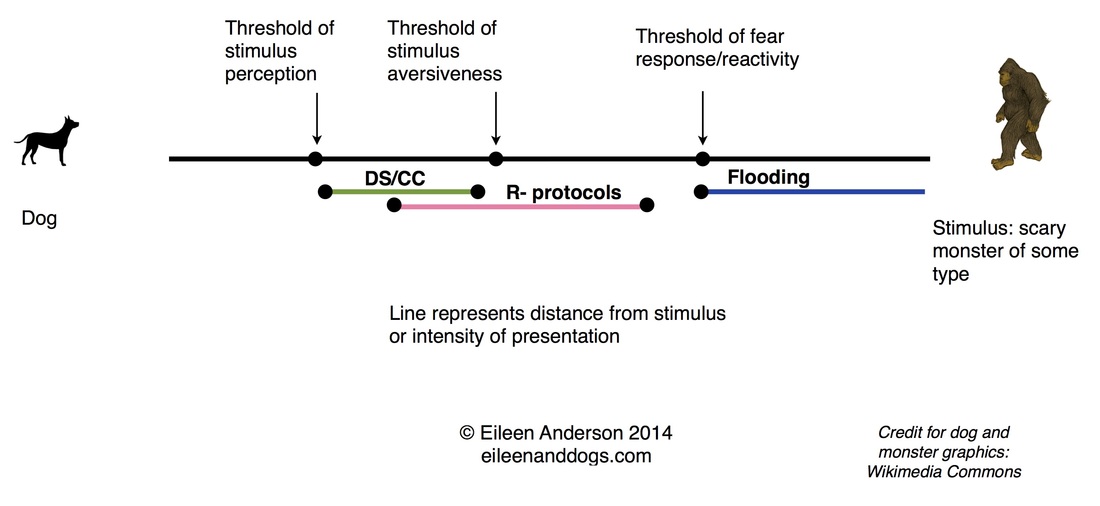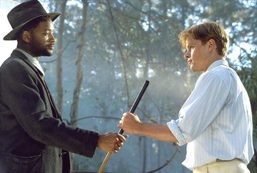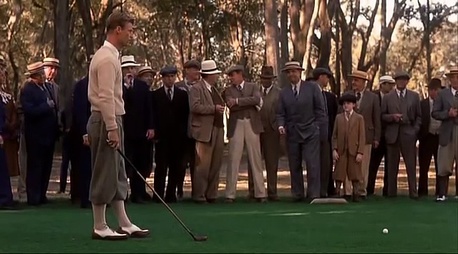
Reactivity stands at one of the roots of anguish, illness, personal unfulfillment and unsatisfactoriness. There are plenty of reactive patterns to discover possibly when we take up the rewarding honest journey to our-selves for the sake of our own amd others' well-being.
What will change when we are letting go of reactivity as a continuous commitment to our life? From my own experiences (and I am still experiencing reactivity :D ) I would suggest the following:
- Life loses its tightness and dwells in lightness
- Life becomes an act of love and care for oneself and the other
- Life provides options to act
- Life wants to freely develop
At our work, in our private lives, in intended change and development processes of any size reactivity can be observed, often shortly transformed and yet it still remains prevalently a solid unmovable rock in our conditioned behavior.
Here are some questions around reactivity for reflections which obviously provide only a short glimpse at the “sitemap” of reactivity:
- Do I know, am I conscious about my own reactivity?
- If no, what can I do about it?
- If yes, what experiences can I recollect of my reactivity in relationships or life situations?
- What kind of suffering was caused or inflicted on myself and others?
- What are powerful practices to transform or let go of reactive patterns
- What is the treacherous “benefit” of being reactive?
- What is the hidden message behind reactivity (fear …)?
- How do I experience my experience with regard to reactivity?
- How does reactivity show up in partnerships of any kind and in group settings?
- What has reactivity to do with my self-defense patterns in order not to feel, not to perceive adequately, not to change my standard prompting and not to comprehend of what I can be conscious about?
- Where does my reactivity predominantly arise, for example in the head or at some specific point in my back?
- What happens if I don’t bind my current experience by identifying the appearance of reactivity with “me” or “mine”?
- Can I postpone my reactive response to the other(s) by allowing myself to stay with my body, feelings, perceptions, inclinations, and being conscious about a certain issue?
- What has reactivity to do with letting go of patterns that don’t serve my personal or organizational development (prejudices, mean opinions …)?
- What are my options to respond when my partner, friend, colleague, client etc. is caught up in reactivity?
- What practices have I proofed working or am I aware of which can contribute to bringing reactivity to an end?
- What is the difference between reactivity and intuition?
- How can a change in my bodily patterns (how I walk, stand, breath, my overall posture shows up) contribute effectively to a change in my mental reactive patterns?
- Where is my flow of breath when reactivity jumps in?
- How can I slow down in general?
- What is my contribution not to follow socially or culturally constructed reactive patterns?
- How can I become my own master in embodying and experiencing my sensorium system without falling back to reactive patterns?
At the end of these short reflections on our reactive dog or cat I offer for those, who want to know more about, a practical and ethical approach called the 4-fold task in this unique way outlined by Stephen Batchelor:
- Embrace life - [comprehending suffering].
- Let go of what arises - [letting go of reactivity].
- See its ceasing - [beholding its ceasing].
- Act! – [cultivating the path].
How to act on reactivity? What experiences have you made with reactivity in a setting and what would you suggest accordingly to work on it, indvidually and as a group?
Link: http://www.synergy-rhodes.com/untitled.html






 RSS Feed
RSS Feed
